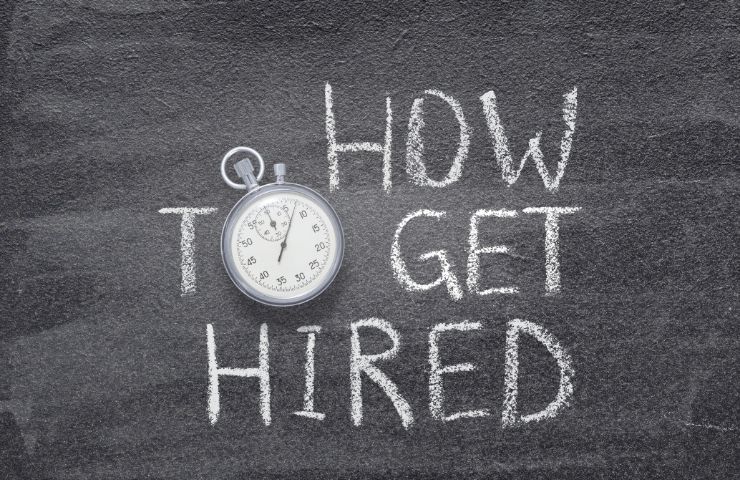
There‘s no doubt about it: today’s job market is tough. With every job vacancy there are dozens (if not hundreds) of applicants, all competing for an interview. In order to stand out and get noticed, it‘s critical that you know how to write a cover letter that‘s unique and attention-grabbing. Here are some cover letter tips that will improve your chances of getting the interview.
Get Personal
Companies don’t tend to respond well to standardized, copied-and-pasted cover letters, especially when they’re generic and impersonal. To make your cover letter stand out from the rest, ensure that you talk about the company specifically, ensuring you’ve done your research and come across as interested and informed. For example, you may look at how the company has changed and developed over the last few years, and reference this in your cover letter as part of your reason for wanting to work for them.
Sell Your Strengths for the Job
Before beginning your cover letter, scrutinize the job description to ensure you know what the company is looking for. Then, make a list of the particular strengths you have that will meet this criteria. Once you have compiled a robust and impressive list, format your cover letter to incorporate them into your main points so that the employer can see exactly how you will benefit their organization.
Be a Storyteller
It can be very effective to use stories and examples to back up all of your strengths and interests. By giving insight into how you have implemented your strengths in the past and the specific goals you’ve managed to achieve, your prospective employer will have better insight into how you work and will feel more assured of your claims. You may also want to include a more personal story about how you ended up on this career path or particular moments of inspiration.
Be Authentic
Your employer wants to know that you’re a genuine, transparent, and authentic person. Bold, overinflated statements won’t be necessary and may not be received well. Instead, keep it professional and real, showing your true personality through your words. The more of a connection your employer feels with you, the more likely they will be to bring you in for a face-to-face interview.
Address a Real Person
In order for your cover letter to stand out, do not use ‘to whom it may concern’ or any other similar generic address. Instead, try to find the name of the hiring manager through some internet research or via a phone call to the company. If you absolutely cannot find a named person, then do not address the cover letter to anybody at all. Simply dive right in.
Include Keywords
Before writing your cover letter, ensure that you’ve extracted some key words from the person specification and job description. For example, if the specification stresses the essentialness of having strong organizational skills, ensure that you include the word ‘organizational skills’ in the cover letter. If the company receives many resumes and cover letters for one job opening, they need to be able to scan the document and pick out these key words with ease.
Work From a Template
A template can give you the layout and ideas necessary to write a great cover letter. Of course, you’ll need to customize it to make sure that it does not come across as a genetic template. The template simply serves to guide and support you as you write your letter in a recognized cover letter format. Once you have the template down, you can edit accordingly for each job you apply for.
Format Properly
A cover letter should follow a specific cover letter format, with the company address, your details, and the order in which certain topics should be discussed. A template can help you to format your cover letter correctly, however if you’re writing it without a template, it’s critical to look at existing cover letters to ensure you’re formatting it professionally.
Keep it Concise
Your cover letter should be concise and efficient, and should never be more than a page in length. An employer who has received a large amount of interest may not have time to wade through a lengthy piece of text, and is likely to scan the document while picking out key words and experience. Therefore, it’s best not to ramble, and ensure every sentence adds something of value.
Finish Strong
A strong finish doesn‘t need to be longer than a sentence or two. It should be to-the-point and concisely summarize how you will benefit the company you’re applying to. A strong ending should incorporate confident and polite language.
It is critical that your cover letter is unique and personal to your individual work experience and interests. Employers aren’t interested in reading generic text, but appreciate knowing how you feel you’ll benefit their organization and what skills and knowledge you can bring to the role that’s being advertised.





